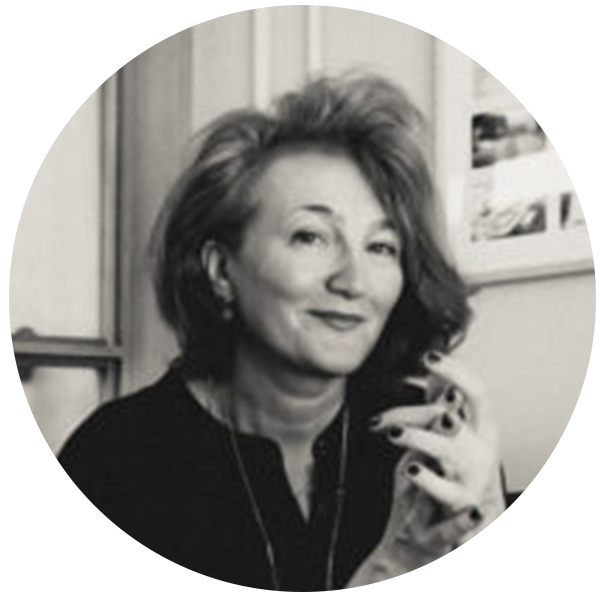| Dear friends, As far back as I can remember, I have been fascinated by creativity — even, I think, before I knew the word. Yet I grew up in a time and place in which creativity was firmly inside a box. It was manifest in very particular artistic ways, and you either had it or you didn’t. Famous musicians had it. Our next door neighbor, who painted fantastic murals on the bedrooms of her children’s walls, had it. I watched it, nose pressed up against a glass, and wished it had been bestowed upon me. I wrote poetry for a while when I was young. I took piano lessons. But I wasn’t specially gifted at these things, and very quickly gave them up. My fascination with creativity became a source of sadness to me, a disappointed grief, that I had not been born with its magic and gifts. It would have been good for me, in those years, to hear the conversation I have with Rick Rubin in this week’s show. It was good for me to have it now. He is a legendary producer of music that has changed the world and touched almost all of our ears at some point — a muse and artistic partner across decades to some of the most certifiably creative humans in our midst. But he’s never written a book before. And it intrigued me, when he and his publisher reached out in the middle of last year, that the book he’s written is not a memoir of his fascinating adventures as a producer. It is, rather, a kind of meditation on the creative process itself — as a feature of being human, not of being an artist. We had this conversation back in December, before he was on book tour, and when we were planning this new season. In the meantime, the book was launched and became a bestseller. I notice that interviews with Rick tend to drift into storytelling about famous people he’s worked with, and I worked very hard not to go there — to stay centered in the hard-to-talk-about matter of creativity itself. You'll hear a touching and illuminating vulnerability he brings to dwelling in and trying to put words around this. It’s illuminating about how creativity works for the rest of us, too — close to the ground of life and the everyday. From the raw materials of a lifetime making the kind of definitive “artistry” that eludes most of us, Rick Rubin points at creativity as a way of being, not of doing, which is possible in almost everything. He makes offerings of life practices that can be sprinkled across your days. He proposes questions to live, like these: |
| What are the things that make me lean forward? What are the things that make me laugh? What are the things that make me excited? What do I find beautiful today that I didn't notice yesterday? What are those things? |
|
|
| This show recalls me to a favorite On Being episode from across my life of conversation — which I now recognize to be my creative form! — and which would be a good companion listen to Rick Rubin. The neuroscientist Rex Jung studies creativity in the brain. Creativity is different, he told me, from intelligence. Our powerful organizing frontal lobes calm down and become more “meandering.” This science draws delightful connections between creativity and family life, and aging, and purpose. I especially love that a sense of humor is an everyday human capacity they’ve studied in the brain: the making of an unexpected turn that meets scientific criteria for creativity that we can all aspire to — bringing something into the world, even in a moment, that is “novel, useful, and socially relevant.” |
|
|
| |  | Blessings on the everyday creative in you,
and love, Krista |
| |
|
| | | | | | What is the role of intergenerational relationship — or what might be called “cogenerational collaboration” — in the work of social healing? We’ve held this question alongside many deep thinkers and innovators over the years, and we are excited to present, in collaboration with CoGenerate (formerly Encore.org), a new, interactive digital media collection of creative work — essays, poetry, video, visual arts, audio contributions, and more — through which eight healers, creatives, and changemakers bring their voices and efforts, as well as those of their communities, to different facets of this question. We are delighted to share it with you and hope you will find it to be a companion for reflection — one that offers resourcing and tools you can work with, return to, and expand upon with your own experience. |
| | And — please join us Thursday, March 23 at 5:00pm ET for the unveiling of this new offering. Meet the healers, creatives, and changemakers whose work is featured. Details and registration below. We would love to have you there! |
|
|
| | Cogenerational Social Healing
5:00pm EDT
Online An hour for revealing and delving into eight creative works — essays, poetry, video, visual arts, audio, and more — exploring the role of intergenerational relationship in the work of social healing. Join us on Zoom. Presented by: CoGenerate, with a welcome from Krista Tippett |
|
|
| | |
|
|